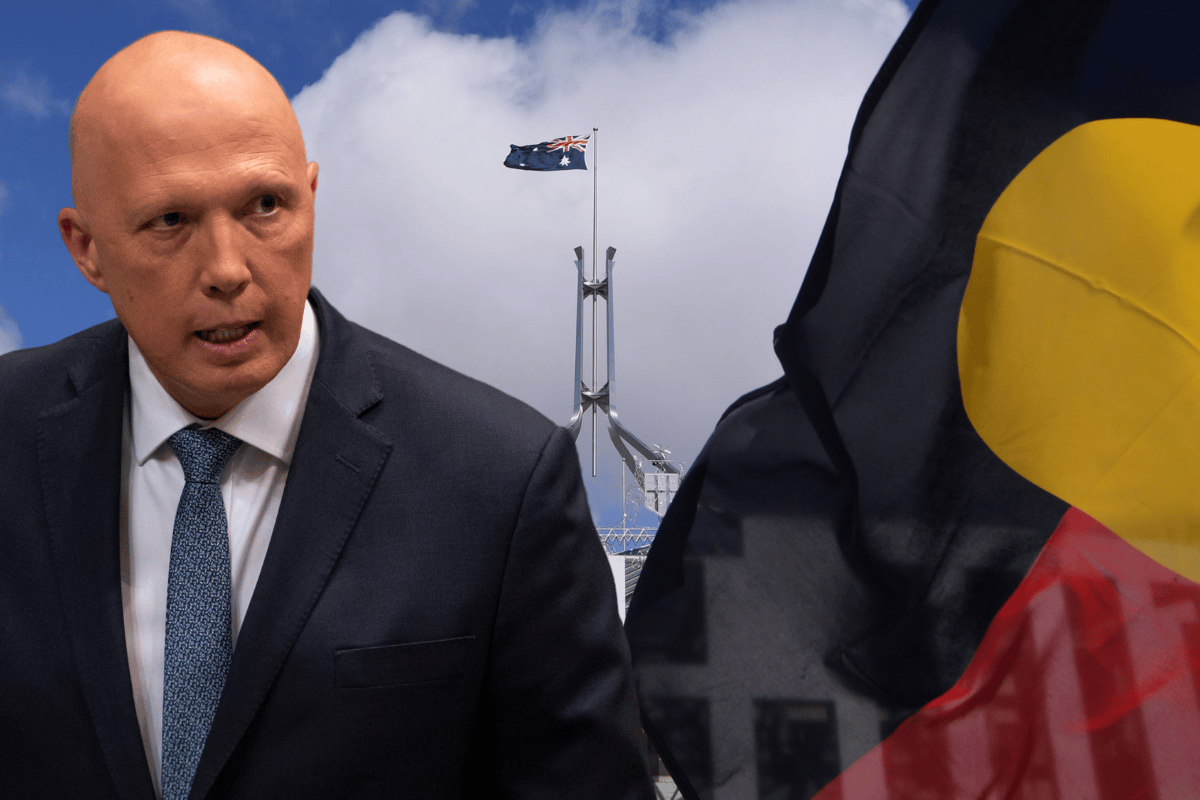
Last week, Peter Dutton made an announcement that didn't exactly surprise the Prime Minister.
The Opposition Leader confirmed the Liberal Party will oppose the government's model for an Indigenous Voice to Parliament, following a meeting with Liberal MPs in Canberra on Wednesday.
"We have been clear we don't support his [Anthony Albanese's] Canberra voice. It is divisive and won't deliver the outcomes to people on the ground," said Dutton, who confirmed he will actively campaign for the 'No' campaign in the lead-up to the referendum.
Speaking to ABC Radio after the announcement, Prime Minister Anthony Albanese said he was saddened by the Liberal Party's decision.
"I'm not [surprised by the decision]," he said.
"It appears some people don't want a voice – they'd rather have a whisper."
Albanese said Dutton had done all he could to undermine the referendum and the decision would make it harder to succeed.
"This isn't something that's come from politicians, this is something that's come from the ground up, from Indigenous people themselves."
So, what happens now?
Can the Voice still become a reality even without the Liberal Party's support?
Here's everything you need to know.
First up, what is the Voice to Parliament?
One of the key elements of the Uluru Statement from the Heart calls for a First Nations Voice to Parliament enshrined in the constitution.

Top Comments